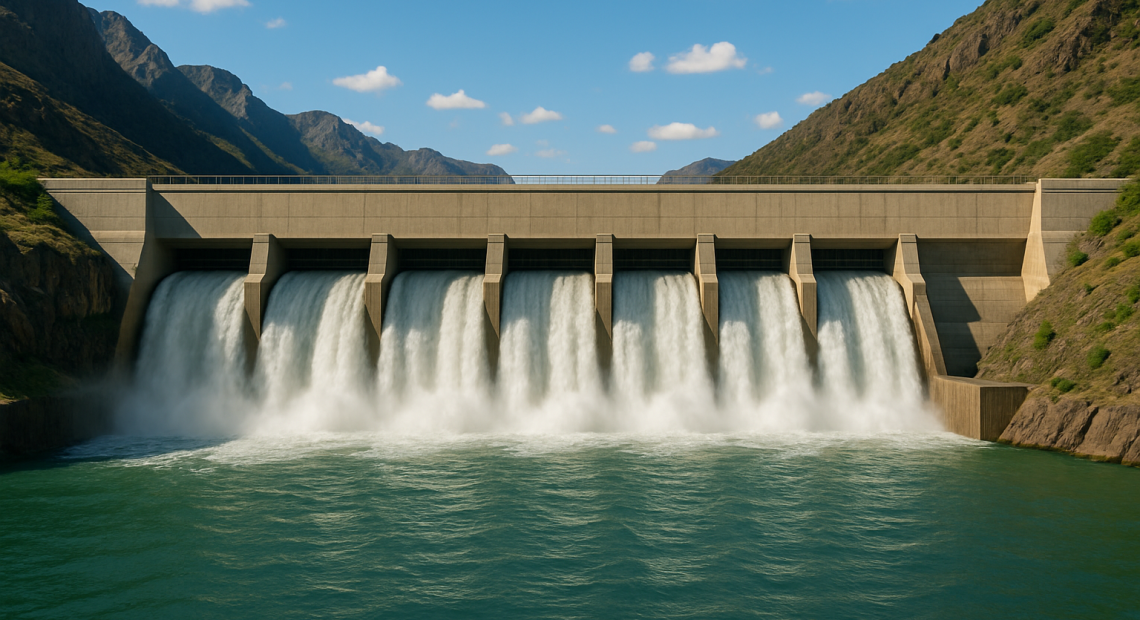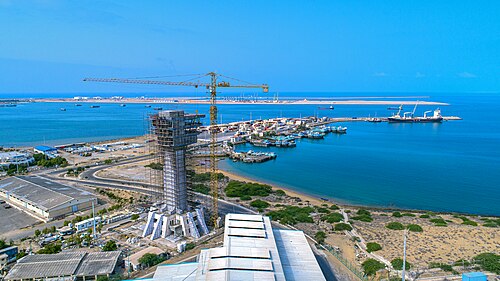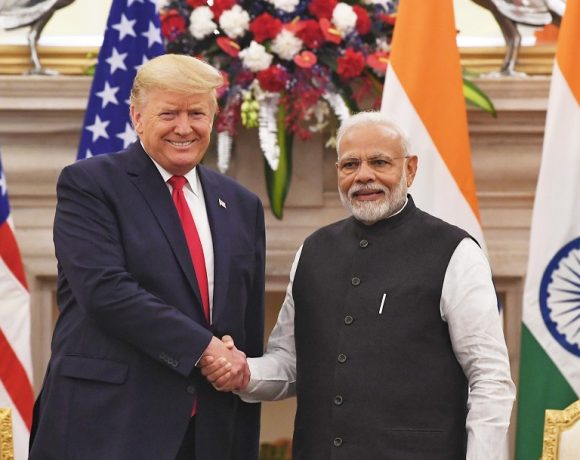
Pakistan Urges India to Restore Indus Waters Treaty Functioning
Pakistan has formally called on India to immediately resume the full and normal implementation of the Indus Waters Treaty (IWT), stressing that the longstanding agreement remains binding and operational. This demand follows a supplemental ruling by the Permanent Court of Arbitration (PCA), which reaffirmed its authority to adjudicate the Kishenganga-Ratle hydropower dispute between the two nations.
According to Pakistan’s Ministry of Foreign Affairs, India’s earlier move to suspend cooperation under the treaty was both “illegal and provocative.” The PCA ruling, delivered on June 27, underscored that India has no unilateral authority to abandon or halt treaty obligations, confirming that disputes arising from the IWT remain under international jurisdiction.
Pakistan’s Deputy Prime Minister and Foreign Minister Ishaq Dar stated that the supplemental award “vindicates Pakistan’s consistent position that the treaty is fully intact and enforceable.” He further emphasized that it is now imperative for India to return to the negotiating table in good faith, not only on water-sharing issues but also on broader areas including regional security and anti-terrorism collaboration.
Treaty Suspension and Regional Fallout
India had suspended cooperation under the IWT earlier this year, citing national security concerns in the aftermath of the Pahalgam terrorist attack. It declared the treaty to be in a state of “abeyance,” pausing joint meetings and technical discussions on hydropower projects along the Indus basin.
This unilateral move drew sharp criticism from Pakistan, which warned that tampering with the treaty could amount to using water as a weapon. Islamabad views the IWT as a cornerstone of peace, providing a legal framework for resolving complex disputes over water resources across the Indus, Jhelum, and Chenab rivers.
PCA Ruling and Pakistan’s Renewed Push
The PCA’s ruling clarified that India remains bound by the provisions of the treaty and cannot sidestep international dispute resolution mechanisms. The court confirmed that arbitration on pending disagreements, such as India’s construction of the Kishenganga and Ratle dams, can continue unhindered.
Pakistan has welcomed the ruling and reiterated its willingness to engage diplomatically. Officials said they expect India to honour its international commitments, given that the treaty has survived past wars and political tensions. Pakistan maintains that cooperation over shared water resources is vital for the well-being of millions of people dependent on the Indus River system.


















